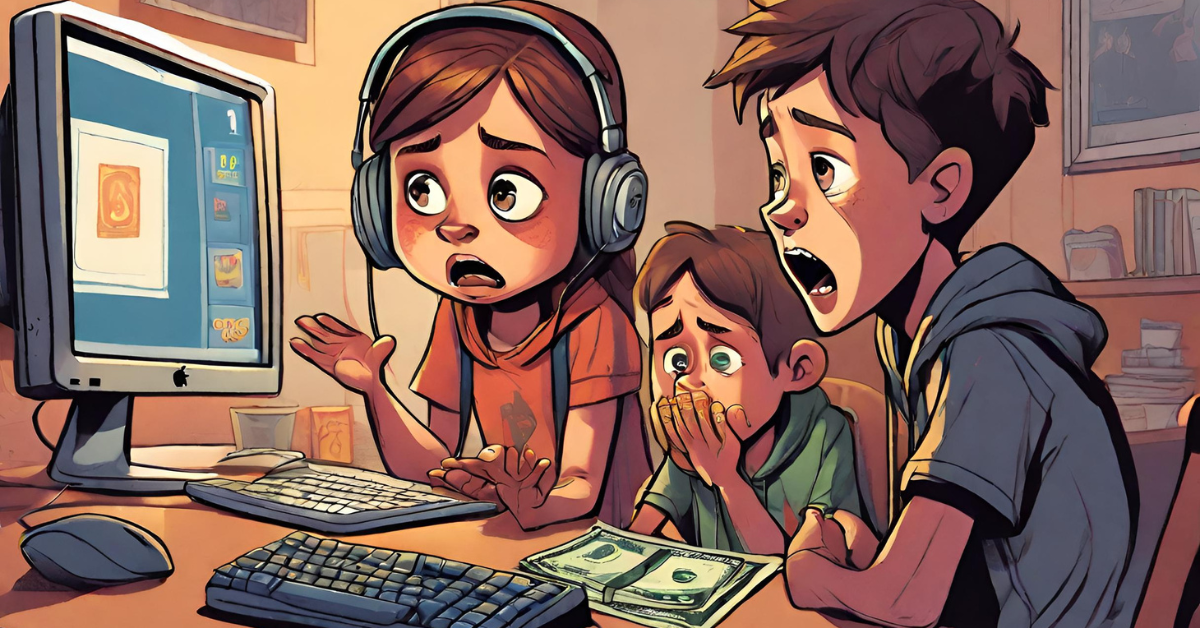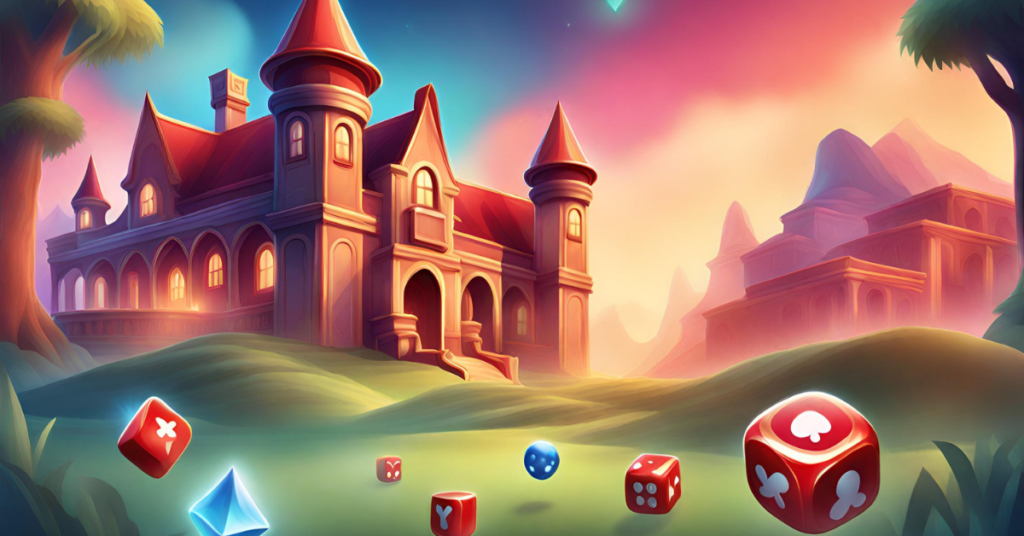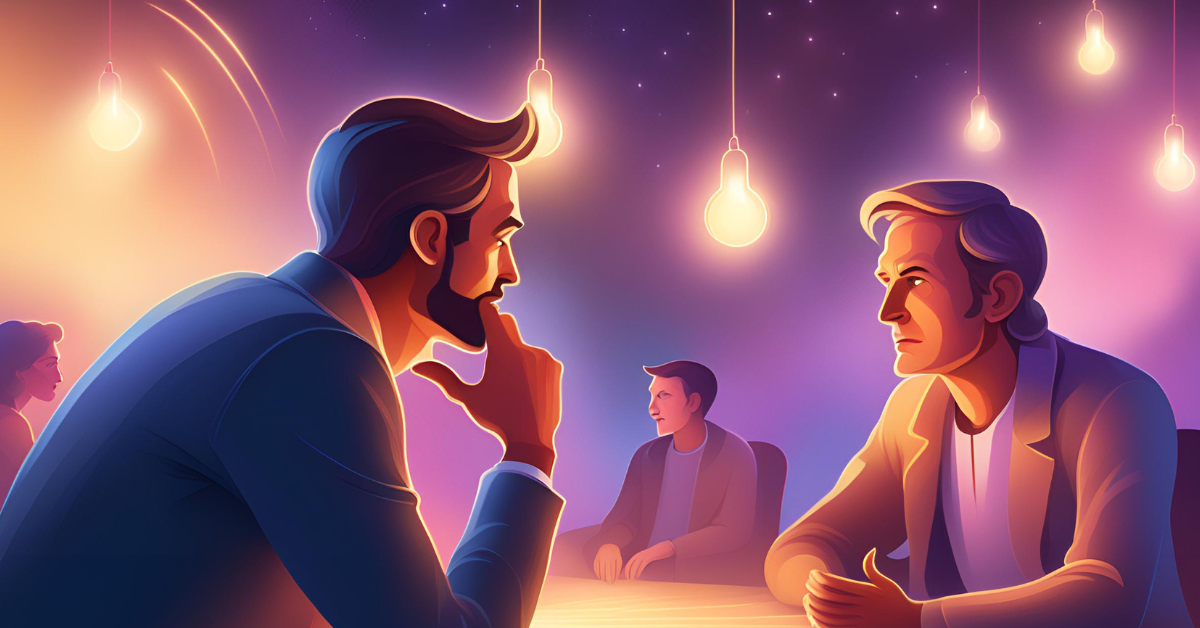
From Facebook Games to Ethical Dilemmas: My Journey on the Developer Platform
When Facebook unveiled its Developer Platform, I was filled with excitement at the prospect of creating games that would allow me to showcase my understanding of game mechanics. Without hesitation, I dove headfirst into the platform, eager to explore its capabilities by crafting a simple badge app for profile boxes.
This initial project didn’t demand advanced development skills, which suited me perfectly. While I was proficient in several non-web-based languages, my experience with web development was limited. My encounters with PHP had been confined to previous projects, primarily involving the storage of news posts in centralized locations for display on websites.
Despite my limited web development experience, I harbored grand ideas for the types of games I wanted to create. I envisioned games with engaging mechanics that would entice players to return regularly. To achieve this, I knew the games would need to be turn-based, with intervals between turns designed to encourage frequent player engagement.
I aimed to incorporate multiplayer elements into the game, even if players weren’t logged in simultaneously. This meant devising mechanics that fostered team camaraderie without mandating simultaneous play.
Drawing inspiration from World of Warcraft, I cherished its social dynamics but loathed the necessity for synchronous participation in activities like raids or events. While such requirements forged remarkable bonds and experiences, the essence of social gaming lies in its accessibility anytime, anywhere, allowing players to nurture a sense of community even when not playing concurrently.
I realized that my current skill set wasn’t advanced enough to bring the exact type of game I envisioned to life. While I was proficient in several programming languages, PHP stood out as the language of choice for early developers on the Facebook platform. Its popularity stemmed from its ease of learning and the extensive libraries provided by Facebook for integrating applications into the evolving Facebook graph.
Monetization was a key consideration, and many platforms offering incentives for app installs or completing offers provided straightforward PHP libraries. These libraries made it simple to award users with in-game currencies and earn revenue from offer completions.
Although I had a working knowledge of PHP, I lacked the depth of expertise needed to create my envisioned game. Facing exorbitant quotes from developer services, I decided to take matters into my own hands. I embarked on a journey of self-learning, determined to master PHP and develop my game independently.

I scoured the developer platform for games resembling the type I envisioned. Having been a fan of games like Neopets in the past, I aimed to create something similar. However, I realized I needed a more straightforward concept to start with, allowing me to dip my toes into game development and establish my presence on the platform. My strategy was clear: if I could launch one successful game, I could leverage its audience to propel my subsequent projects. I envisioned a network of social games, each feeding into the other and growing increasingly engaging as I introduced new games and features.
Each game required its own currency, which players could earn or purchase. As I envisioned expanding my game portfolio, I saw the potential for creating an exchange system, enabling players to trade currencies across different games. Observing similar games on the platform, I noticed players already engaging in currency exchanges through Facebook message boards. Incorporating this functionality directly into my games, with proper security measures in place, seemed like a logical step. Not only would it enhance player experience, but it also afforded me control over exchange rates, ensuring balance across my game ecosystem.
Before launching my inaugural game, I focused on building an audience to funnel into my upcoming project. Drawing inspiration from games I enjoyed on Facebook, I observed users engaging in currency trades via message boards. These games shared a common feature: players earned currency hourly or every few hours, incentivizing frequent returns.
Recognizing this as an opportunity to gather potential users, I devised a “helper” application for the Facebook platform. This app allowed users to collect currency from multiple games, laying the groundwork for when I introduced my own titles. While this approach risked some users accumulating substantial currency in my games, I anticipated most users would engage normally. This strategy aimed to cultivate a dedicated user base primed for my upcoming game releases.
The helper application quickly became a hit among users of similar tools to the one I was developing. Before long, I had placed a banner at the top of the app announcing a new game and inviting alpha testers for feedback. The response was immediate; my inbox overflowed with eager players, and I soon had a growing list of Facebook user profiles ready to test my new creation.
Wasting no time, I dove into developing my first game, Cell Story. The concept was straightforward: players opened a virtual phone within the game and dialed random numbers. These numbers could lead to virtual prizes, but not every call connected, and not every connection yielded a reward. Each call cost coins, limiting the number of attempts per session and encouraging players to return every four hours to earn more coins. The helper app not only directed players to the game but also reminded them to return on time.
In addition to the primary gameplay, any unsuccessful call entered players into a second-chance drawing for weekly virtual prizes. Successful calls, on the other hand, granted entries to win weekly gift cards. I rotated the gift card destinations and amounts each week, funding them with earnings from advertisement networks and other game-related revenue streams.
In November, I went from wanting to create a game to building an application helper program to promote it, and by December, I had launched a full-fledged game. I immediately shifted focus to developing a new type of game that used many of the same core concepts and underlying code.
By swapping out game images and making small tweaks to the text, I was able to create new games quickly. I also began working on a different game called Banana Hunt, which I introduced in alpha to my existing Cell Story players in January.
Around the time of the Banana Hunt alpha release, I started hosting developer town halls with Cell Story players using uStream, which I embedded in the Facebook games. These sessions allowed players to request features, provide feedback, and get to know the development team better.

These video town halls lasted about an hour, during which players could ask questions, chat, or just hang out with me via live text chat. This approach helped the games grow as players felt we were highly responsive to their requests. I often prioritized player suggestions and aimed to implement them by the next week’s town hall session.
During one of our townhalls, I discovered that many of our players were not only playing my game but also juggling several other similar games on the platform for hours at a time. They were looking for a good source of music to accompany their gaming sessions. That’s when we came up with the idea of creating an online streaming radio station just for our players, where they could request songs directly from within the games.
This felt like a throwback to a few years earlier when I had been an on-air personality on some internet radio stations.
Shortly after launching the live radio station, we decided to create a quick and simple seasonal app called “B Mine 09.” It was a Valentine’s Day gifting app where users could send virtual gifts to others for free or pay a little extra for larger, more extravagant gifts.
The recipients could display these gifts in a profile box, showcasing what they had received on Valentine’s Day. The app was an instant hit, with many people eager to express their love on the Facebook platform. We quickly reinvested the revenue from “B Mine” into growing the company.
By this point, I had hired a few people to help manage the apps and games business, as it had become too much for me to handle alone.
We started exploring other revenue-generating activities, such as releasing a browser extension and toolbar that allowed players to easily navigate our games and those of our competitors that our players were interested in. We also began partnering with several ad networks, one of which signed a partnership that had us posting blog entries about the network for new and smaller developers.
Not long after that, Facebook began hosting Developer Garage events, and one of them took place in Chicago, which was a relatively short trip for our small team from Fort Wayne, Indiana. It was at the Developer Garage that we removed the beta tag from our first game, Cell Story, and launched our second full game, 80’s Flashback.
A few weeks later, in March, we acquired a team of developers working on a pirate-themed Facebook game under the name “Elite Cheese Team.” After playing an early alpha of their game, I decided to bring them on board, intending to have them continue developing their project while also helping us reuse our existing code base to quickly expand into other games. Within a week, we launched Fashion Palace and Geek Fest, all of which were based on the same code, with changes to the cosmetics. We would test new features on one game before customizing and rolling them out to the others.
In July, we decided to expand beyond the Facebook Developer platform, exploring ports to Yahoo! Games, Friendster, MySpace, the iPhone (via the browser), the Xbox 360, and the PC. These ports were relatively straightforward since all the games required internet access, allowing us to use the same databases across platforms while simply creating different front ends for each.
Around this time, we started branching out into the B2B space, taking on social media management for several major Fortune 500 brands. We helped them build and grow their presence on Facebook and Twitter, which was gaining traction. This expansion led to an opportunity for me to speak at BlogIndiana, a conference for blogging and social media just a few hours south in Indianapolis.
In the midst of this, we were deep into developing a game I had always dreamed of creating—a hotel management simulation. It was shaping up to be our flagship project of the summer, and I was pouring everything into it, even attaching my name to it in the spirit of the Roller Coaster Tycoon series.
But then something happened that made me question everything.
We had recently started accepting payments through a platform called SpareChange, which allowed players to spend real money for in-game currency. This currency could be used across all our games, including the upcoming Hotelier game. I was excited, thinking this was going to be the next big step for us.
However, a trip to Cedar Point with friends threw me a curveball. While waiting in line for the Top Speed Dragster, I overheard a heated argument between a parent and their child a few spots ahead. The kid had racked up significant charges on the parent’s credit card for Facebook game credits, and the parent was livid. To my surprise, the father then turned to his wife, accusing her of the same thing.
I couldn’t help but listen in, intrigued by this real-life feedback on a situation directly tied to my line of work. Here I was, running multiple Facebook games and apps, relying on players—especially the so-called “whales,” who spent significantly more than others—to sustain our operations. And now I was hearing firsthand how these spending habits were affecting ordinary families.
We had designed our games to encourage spending, building mechanics that made players more willing to open their wallets. But hearing how it was impacting people in real life hit me hard—I didn’t like what I was hearing, and it made me rethink the direction we were headed.
As soon as I got back from my trip, I called a meeting with the team. We were divided—some saw no issue with what we were doing, while others, like me, felt uneasy. I had trouble sleeping the night before, weighed down by the guilt of profiting from something that was affecting families. But as many on the team pointed out, people should be free to spend their money however they want, and our games provided genuine entertainment for many.
After a lot of debate, we made a decision: we’d shift more of our focus to the business-to-business side of things and gradually wind down the platform games we’d created. Our B2B efforts were gaining traction, and with the rise of mobile gaming on the horizon, social games were becoming less central to the industry anyway.
Looking back, the timing couldn’t have been better. As many of our competitors pivoted to mobile, we smoothly transitioned to working with other companies, leaving the gaming side of the business behind just as the landscape was changing.

The lesson I took from that pivotal moment was that as founders, we must be willing to listen to feedback, even when it’s uncomfortable. It’s easy to get caught up in the momentum of success, but we also have a responsibility to evaluate the broader impact of our work—especially when it affects people’s lives in unexpected ways.
Ultimately, businesses thrive not just by growing profits but by staying in tune with the people we serve. It’s okay to pivot, to change direction when the path ahead doesn’t align with your values. Doing so not only strengthens your company but also deepens the trust your customers place in you.
As founders, our success isn’t just about the products we create but about how those products make a positive impact. Sometimes, the best decision you can make for the long-term health of your business is to step back, reassess, and have the courage to evolve.